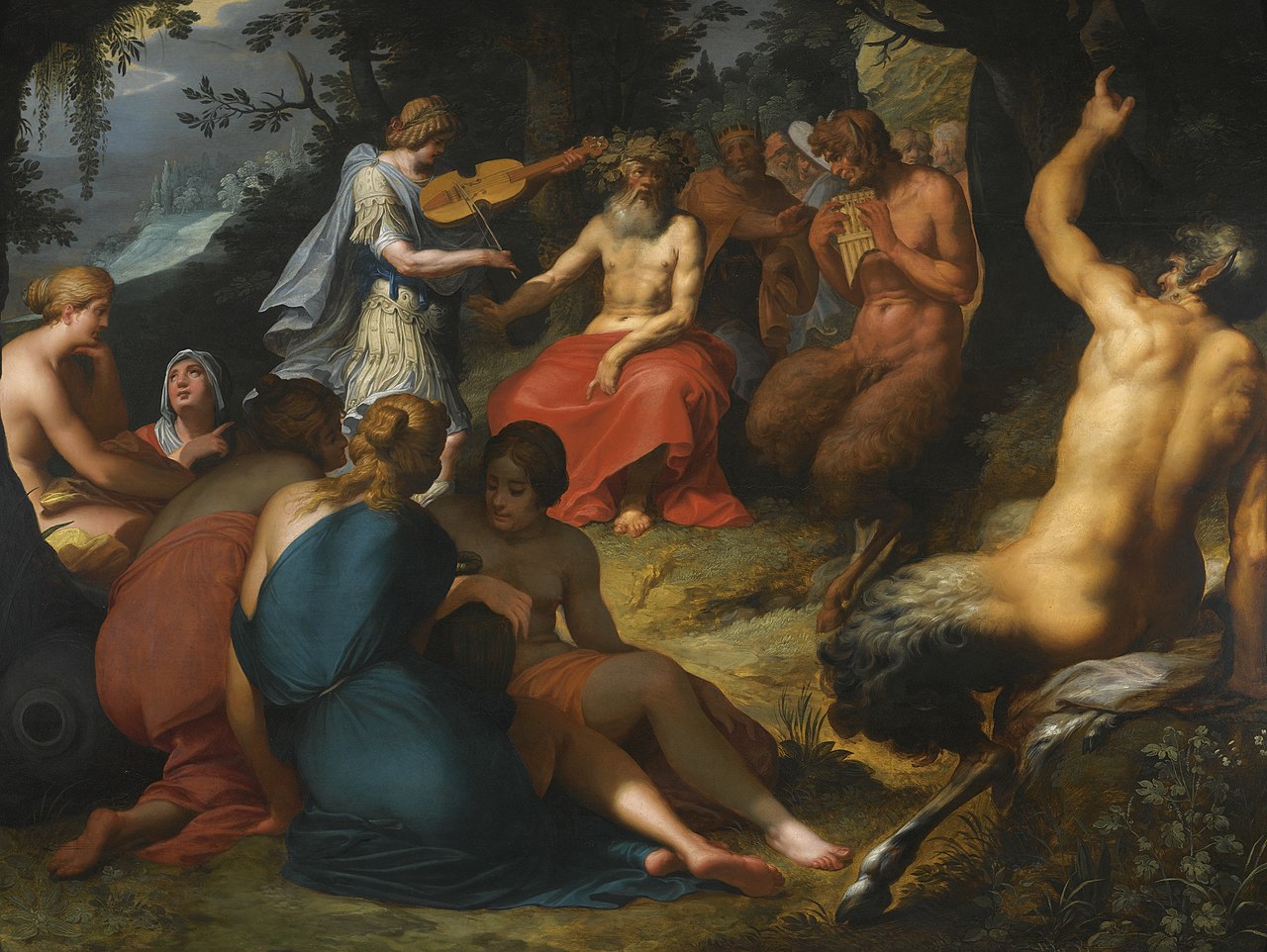Bacchylides Epinicia, fr. 10.38-53
“Human knowledge has countless forms—
whether learned in some prophetic art
or allotted the Graces’ honor,
the wise man certainly flourishes with golden hope.
Another man aims his dabbled bow at boys.
Others fortify their hearts in the field
Or with herds of cattle.
But the future bears ends that make the path of fortune
unmeasurable.
This thing is best: to be a noble man
envied by many men.
I know something about wealth’s great power:
It makes even the most useless man useful.
But why do I pilot my great tongue so
and drive off the road?
When the moment of victory is appointed for mortals,
only then the wise man must…[ ]
With flutes [pay back the favor of the gods]
And mingle [among those who may envy]
… Μυρίαι δ’ ἀνδρῶν ἐπιστᾶμαι πέλονται·
ἦ γὰρ σ[ο]φὸς ἢ Χαρίτων τιμὰν λελογχὼς
ἐλπίδι χρυσέᾳ τέθαλεν
ἤ τινα θευπροπίαν ἰ-
δώς· ἕτερος δ’ ἐπὶ παισὶ
ποικίλον τόξον τιταίνει·
οἱ δ’ ἐπ’ ἔργοισίν τε καὶ ἀμφὶ βοῶν ἀ[γ]έλαις
θυμὸν αὔξουσιν. Τὸ μέλλον
δ’ ἀκρίτους τίκτει τελευτάς,
πᾶ τύχα βρίσει. Τὸ μὲν κάλλιστον, ἐσθλὸν
ἄνδρα πολλῶν ὑπ’ ἀνθρώπων πολυζήλωτον εἶμεν·
οἶδα καὶ πλούτου μεγάλαν δύνασιν,
ἃ καὶ τ[ὸ]ν ἀχρεῖον τί[θησ]ι
χρηστόν. Τί μακρὰν γ̣[λ]ῶ[σ]σαν ἰθύσας ἐλαύνω
ἐκτὸς ὁδοῦ; Πέφαται θνατοῖσι νίκας
[ὕστε]ρον εὐφροσύνα,
αὐλῶν []
μειγν[υ]
χρή τιν[]
The last few lines of this poem are completely fragmentary. In italics I put in something just to complete the sentence. I think that the reference to flutes probably indicates some ritual celebration, but I also wanted the end to repeat the note of warning about the mutability of fortune. Any other suggestions?

